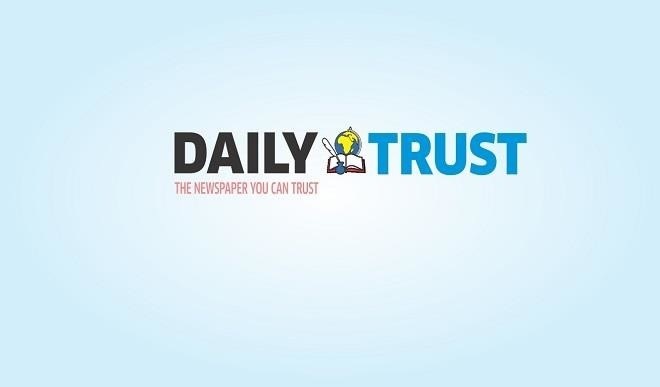Nigerian pop fiction finds an avid readership
Tales of aliens, radicals and criminals complement nation’s rich literary tradition It has been called Quentin Tarantino meets Lagos. ’Easy Motion Tourist’ by Leye Adenle, a London-based Nigerian writer, is a crime thriller told from multiple perspectives in which the protagonist is Lagos itself. A wannabe British journalist arrives in Nigeria’s commercial capital and is […]


Tales of aliens, radicals and criminals complement nation’s rich literary tradition
It has been called Quentin Tarantino meets Lagos. ’Easy Motion Tourist’ by Leye Adenle, a London-based Nigerian writer, is a crime thriller told from multiple perspectives in which the protagonist is Lagos itself. A wannabe British journalist arrives in Nigeria’s commercial capital and is quickly sucked into an underworld of traded body parts. The city reveals itself in all its seamy, glorious vitality.
In ‘Lagoon’, a science fiction story by Nnedi Okorafor, aliens invade Lagos, testing the legendary spirit of its long-suffering inhabitants. The book, which began life as a protest against the way Nigerians were portrayed in South African sci-fi film District 9, was picked up by UK publisher Hodder & Stoughton.
Neither novel, says Bibi Bakare-Yusuf, co-founder of Nigerian publisher ‘Cassava Republic Press’, is what she calls the “literary writing” for which Nigeria has become famous. Both books occupy the category of genre fiction, which includes crime, sci-fi, romance, fantasy and mystery. “There’s a renewed interest from African writers to say, ‘We are not only going to be defined as literary writers. We want to engage with a broad spectrum of genres,’” she says.
Nigeria has long been a source of extraordinary authors writing in English. Chinua Achebe’s 1958 book ‘Things Fall Apart’ is still the classic literary treatment of the depredations of colonialism. Wole Soyinka became the first African recipient of the Nobel Prize in Literature in 1986. Poet and author Ben Okri’s The Famished Road won the Booker Prize in 1991. Among the more famous of a more recent crop is the author Chimamanda Ngozi Adichie, whose works include ‘Half of a Yellow Sun’.
The four authors are the tip of an extraordinary creative iceberg that includes other authors of international repute, such as Helon Habila, who won praise for ‘Waiting for an Angel’, and Nigerian-American novelist Teju Cole.
Cassava is trying to prove that Nigerian fiction has yet another dimension – popular genre fiction that can target a profitable domestic market.
Modern Nigerian film and music has taken on a life of its own, largely beyond the gaze of the west. But literature all too often requires a western mark of approval before it is fully accepted back home, says Ms Bakare-Yusuf. “London is still the symbolic capital for legitimisation of African literature, whether we like it or not,” she says. Established in Abuja in 2006, Cassava set out to challenge that by popularising Nigerian writing in its domestic market.
The publisher describes its mission as “rooted in African experience in all its diversity”. There have been notable successes. Elnathan John’s ‘Born on a Tuesday’ is a story about a young boy in north-west Nigeria who falls prey to the allure of religious radicalism. It is part of a trend of writing from a northern perspective, including Abubakar Adam Ibrahim’s ‘The Whispering Trees’, shortlisted for the Caine Prize for African Writing.
Not everything has been smooth going. Cassava, whose name implies affordability, has had to put its prices up because of the depreciation of the naira. Ms Bakare-Yusuf says it is impossible to print good-quality books in Nigeria, meaning costs are in hard currency.
Still, Cassava is exploiting new ways of building excitement about books. It runs readings with music shows and seeks to create a buzz on social media.
“There’s a resurgence in reading culture,” says Ms Bakare-Yusuf. “Social media and Instagram are making books sexy again.”
Source: Financial Times
